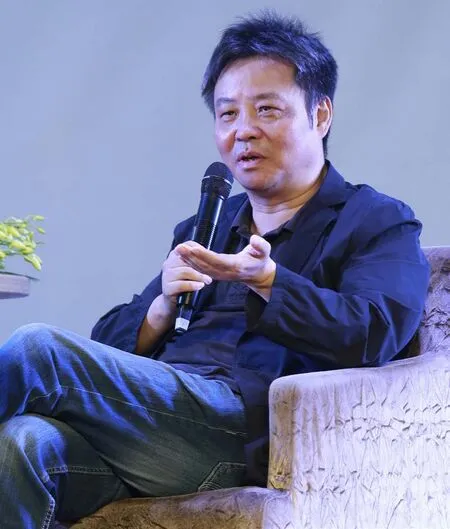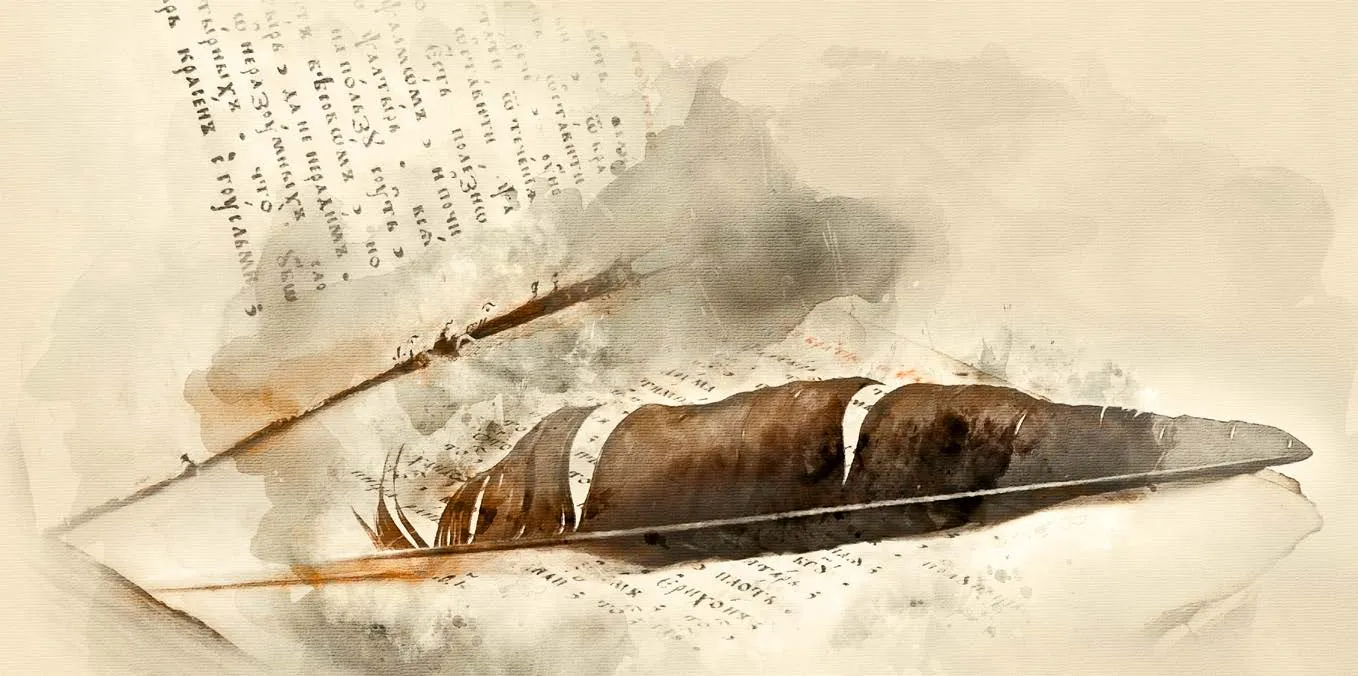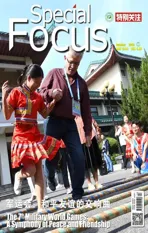Teachers on My Road to the Literary World
2019-11-26ByYuHua
By Yu Hua

Note:Yu Hua is a Chinese author, born on April 3, 1960 in Hangzhou,Zhejiang Province. Shortly after his debut as a fiction writer in 1983,Yu Hua was regarded as a promising avant-garde or post-New Wave writer. Many critics also regard him as a champion for Chinese metafictional or postmodernist writing. Yu Hua has written five novels,six collections of stories, and three collections of essays. His novels have been translated into many languages, including English,Spanish, Portuguese, French and so on.
My firs tliterary teacher was Yasunari Kawabata,the Japanese writer. Back then I was still young, in my early twenties.Yasunari Kawabata attracted me with his presentation of details.He has an open way of describing details, making his writing rich and vivid. I remember him writing about a mother whose daughter died at the age of eighteen.According to custom, the girl needed to be given makeup before she was buried. Sitting beside her daughter, the mother gazed at her face with makeup. This is how Yasunari Kawabata wrote about the mother's emotion at the moment: the mother thought, it's the first time that my daughter has ever had makeup on her face.She looks so much like a bride on her wedding day.
I was young and amazed by these kinds of sentences. While other writers mostly write from birth to death, Kawabata shows life in death. I was fascinated by his writing style and began to learn from him, which lasted for 4 years from 1982 to 1986. Yet learning from one single writer for too long soon posed a problem.I began to feel that Kawabata became my shackles instead of wings, which enormously restrained my writing. My novel was bad because I had lost myself in learning from other writers. When I was struggling in Kawabata's trap, I was lucky enough to bump into Franz Kafka,who answered my call for help and reached out to set me free.In 1986, Kafka's novel collection was published for the first time in China and I bought one in a bookstore. The first novel I read of his was not the most famous one, The Metamorphosis, but A Country Doctor. The description of horses was extremely free in this novel, which could appear anywhere anytime at will. I failed to fall asleep that night, feeling so enlightened by the fact I found:the most important thing in writing was freedom. Kafka did not teach me any specific writing skills, he just let me know that writing is free.
Since then, I felt free in my writing and write wherever my heart leads me. Kafka is my second teacher. I kept on moving forward and encountered another tricky problem. Given the reputation I had gained at this time in China, I was baffled by how to describe one's turbulent inner world.
Then I met my third teacher,William Faulkner, and read one of his short story collections. In one of his stories, a poor white man killed a rich white man. I meticulously studied how William Faulkner described the mindset of the killer after the killing happened, and learned how to describe a psychological scene.Somehow it's like the writing stopped my heart from beating yet kept my eyes open. William Faulkner let his murderer stare at everything in front of him numbly,and described everything he saw indifferently, blood flowing on the ground, the exhaustion of his daughter who had just given birth, … a whole big paragraph. I gradually understood that I don't have to write about psychology itself in order to present one's thoughts, I could write about other things in the environment.
Of course, there were other teachers after them, but I think these three are the most influential to me. After William Faulkner, I never encountered any major obstacle in my writing. I have been able to write anything I want since then. (From The Writer, Issue No.6, 2019.Translation: Lu Qiongyao)

